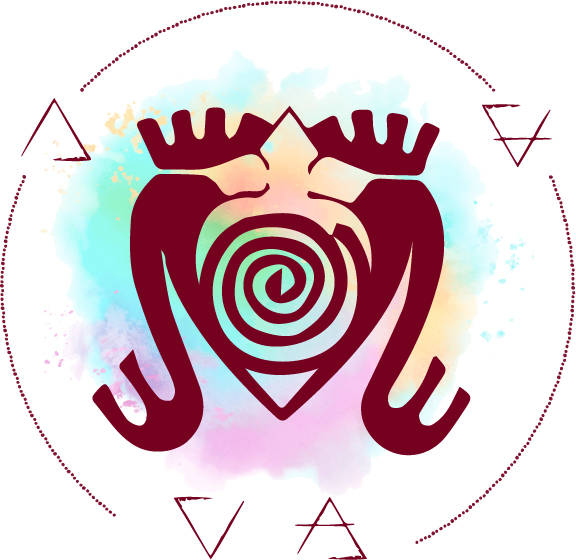Shamanism organically arose all over the world, all throughout history, as a response to the needs of people. Shamanism is an ancient collection of traditions based on the act of voluntarily accessing and connecting to non-ordinary states — or spirit realms — for wisdom and healing.
The word “shaman” comes from the Siberian Tungus tribe, and it directly means “spiritual healer,” or, more cleverly, “one who sees in the dark.”
Generally, there is one shaman per community. These shamans access the spirit realm for the purpose of individual and communal growth and healing — they do this by restoring and removing energetic pathways, recovering soul parts, and communicating with non-physical helpers to discover the spiritual aspects of illness and find answers to life’s seemingly impossible questions. This reality-penetrating ability marks them as the world’s very first doctors, storytellers, mystics, and even psychotherapists.
Shamanism comes with a great responsibility. Alongside simply accessing these worlds, they must possess the ability to transform what they have learned and experienced into a concrete change in the physical world.
This capacity to apply wisdom from the spirit realm in order to heal and transform the physical realm is what differentiates shamans from other “spiritual travelers.” For example, a medium can access these realms, but they lack the physical action while there. As well, a sorcerer may take action in an altered state, but their focus is generally not upon healing.
Shamans also act as great teachers, for they teach that everything is spirited; that all things are interconnected and alive, including (but certainly not limited to) the Earth itself, the stars in the sky, and even the wind in the air. For this, it is also the shaman’s role in a community to demonstrate and maintain the harmonious balance of humankind, nature, and spirit.
Although shamans in some ways may act as teachers, many shamanic healers do not consider shamanism to be a religion. They feel this way because, within shamanism, there are no dogmas, no sacred text, and no single founder or leader. While individuals of religious practices may practice shamanism, not all shamans are part of an organized religion.





